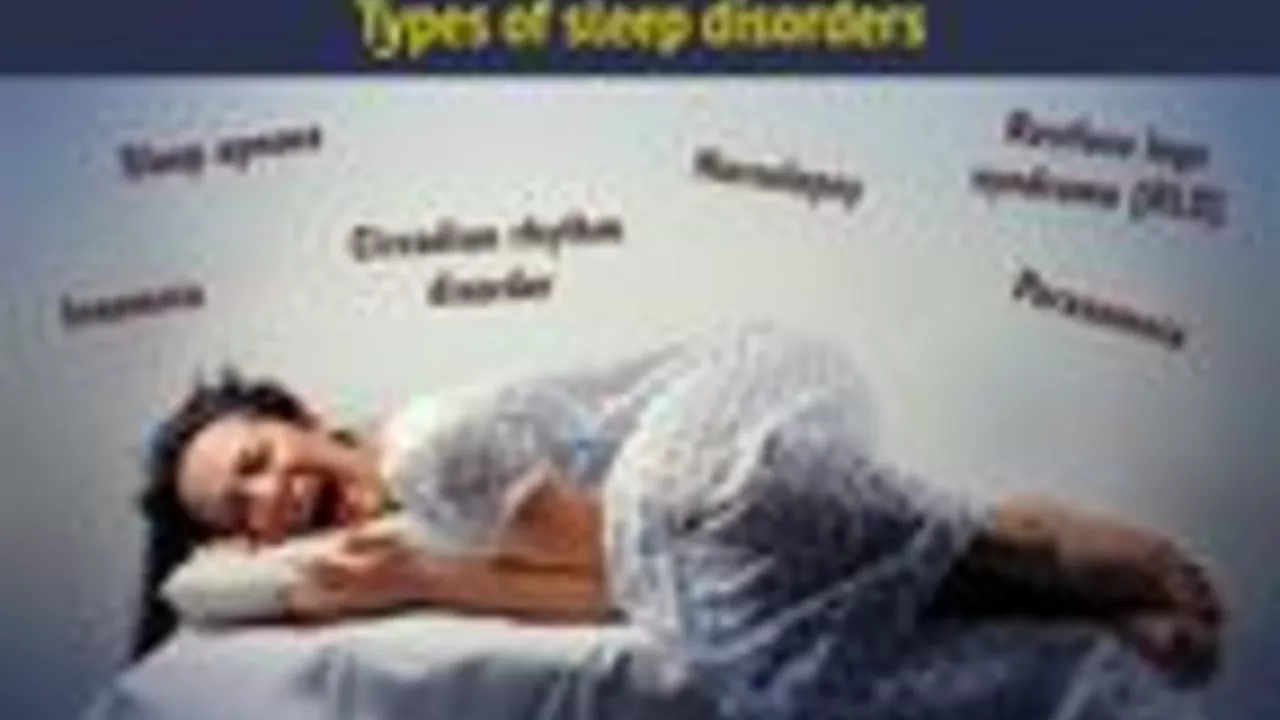Struggling to sleep? You’re not alone. This tag brings together practical advice, medication options, and realistic alternatives to common sleep drugs so you can sleep better without wasting time on fluff.
Start by treating sleep like a skill. Small, consistent habits stack fast. Keep a regular bedtime and wake time, even on weekends. Make your bedroom dark, cool, and quiet. Remove screens at least 30 minutes before bed; the blue light and social feed scrolling are real sleep killers. Try a simple wind-down routine: dim lights, gentle stretching, and a predictable sequence that tells your brain it’s time to rest.
If lifestyle changes don’t help, meds or alternatives can be useful short term. This site covers options like Zolpidem alternatives, trazodone substitutes, and melatonin-friendly approaches. For people worried about dependency, articles on switching off benzodiazepines toward safer choices explain how to work with your doctor. Use medication as a tool, not a long-term habit, unless a clinician advises otherwise.
Nonprescription options worth trying include melatonin at low doses, magnesium glycinate before bed, and herbal supports like valerian or chamomile tea. These won’t fix severe insomnia alone but can improve sleep onset for many. Cognitive Behavioral Therapy for Insomnia (CBT-I) is the most effective long-term approach; look for therapists who offer short online programs if in-person care is hard to find.
One practical routine: stop caffeine after early afternoon, dim lights an hour before bed, take a warm shower 60 minutes before sleeping, and write down any worries for ten minutes. Lie down only when you feel sleepy. If you can’t sleep after 20 minutes, get up, do a quiet activity in dim light, then return when drowsy. This reduces the anxiety that makes insomnia worse.
Pay attention to daytime habits. Regular exercise helps sleep but try to finish intense workouts at least three hours before bed. Eat lighter meals at night and avoid heavy alcohol—drinking may help you fall asleep but fragments rest later. Nicotine and late nicotine replacement can also disrupt sleep cycles.
Want targeted reading? Our posts on Zolpidem alternatives and trazodone options explain risks, benefits, and realistic expectations. The article about transitioning from benzodiazepines to buspirone outlines a step-by-step approach you can discuss with your doctor. For drug interactions and safety details, scan our medication guides before trying new combinations.
If sleep problems persist despite changes and medical advice, ask for a referral to a sleep clinic. Tests like a sleep study can reveal apnea or other disorders that simple tips won’t fix. Good sleep comes from matching the right strategy to your specific problem—habit fixes, therapy, or medical treatment—and this tag collects posts to help you find that fit quickly.
Try tracking what helps and what doesn’t for two weeks. Use a simple sleep diary or an app. When you talk to a clinician, bring that record. That quick habit gives your doctor useful clues and often speeds up finding the right fix for your sleep problems.

In my latest research, I've come across fascinating findings linking the medication Alfuzosin to sleep quality. It turns out that Alfuzosin, typically used to treat prostate conditions, may have an impact on our sleep. Some studies suggest it could potentially improve sleep quality, but there's also a side of the coin showing it may cause sleep disturbances. This is a crucial area for further research, especially considering the importance of good sleep for overall health. So, if you're on Alfuzosin, keep an eye on your sleep pattern and don't hesitate to discuss any changes with your doctor.